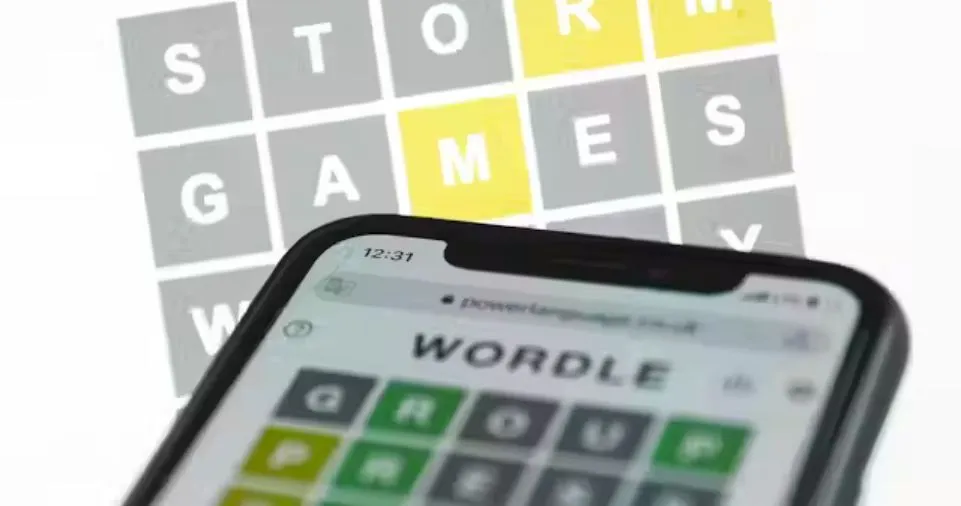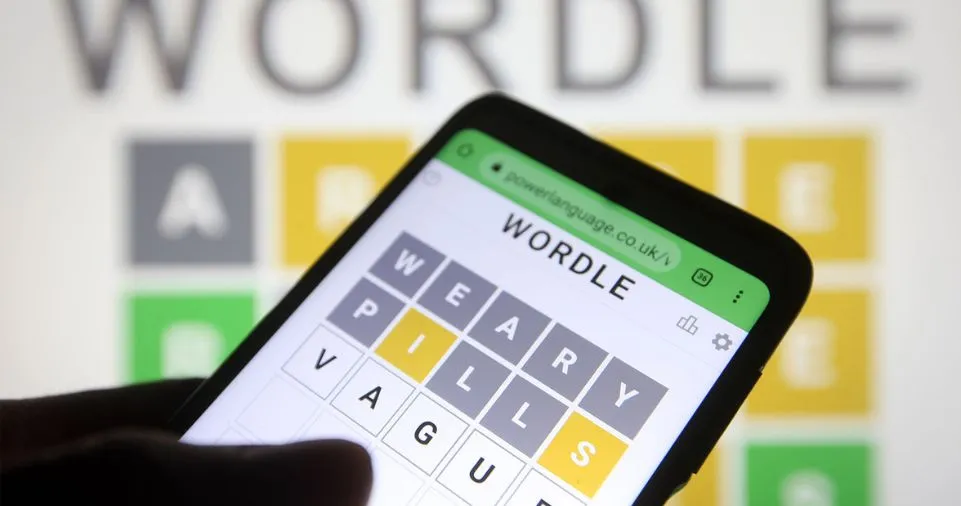Choosing the best starting word in Wordle is a strategic decision that can significantly improve your chances of solving the puzzle efficiently.
A well-chosen first guess maximizes the information revealed about the hidden word by incorporating common vowels and consonants, enabling a calculated approach for subsequent guesses.
This article dives into the proven strategies for selecting effective starting words, providing actionable tips, data-driven insights, and a roadmap to mastering the game.
Whether you’re aiming for faster solutions or simply improving your success rate, these techniques will elevate your Wordle gameplay.
What Makes a Good Starting Word?
Choosing a good starting word in Wordle requires a balance of frequency, variety, and predictability. Here’s what to consider:
Vowel-Rich Words
Since vowels are essential building blocks of most words, choosing a word with multiple vowels increases your chances of uncovering key letters early. Examples include:
| Word | Vowels Present | Comments |
|---|---|---|
| ARISE | A, I, E | Covers three vowels; versatile |
| AUDIO | A, U, I, O | Covers four vowels; powerful |
| ALIEN | A, I, E | Balanced mix of vowels and consonants |
Common Consonants
After vowels, common consonants like R, S, T, N, and L frequently appear in five-letter words. Words incorporating these consonants alongside vowels provide a strong starting base.
Examples:
- STARE: A mix of vowels (A, E) and common consonants (S, T, R).
- ROAST: Combines a vowel-rich profile with frequently used consonants.
Avoiding Rare Letters
Avoid words with uncommon letters like Q, X, Z, or J in your initial guess unless you suspect these letters might be part of the word.
The Psychology of a Winning Start
Understanding Wordle’s mechanics can also play a psychological role in improving your success rate. Players often find that:
- Familiar words are easier to recall.
- Words that evoke a logical “flow” (e.g., STONE, TRACE) encourage smoother gameplay.
- Positive feedback from green and yellow tiles boosts confidence and strategy.
ALSO READ: How to Play Wordle Variants Like Quordle, Octordle, and Dordle
Advanced Strategies for Optimal Starting Words

Analyze Letter Frequency
Letter frequency in the English language can serve as a guiding tool. Here’s a quick table summarizing the most frequently used letters in five-letter words:
| Rank | Letter | Frequency (%) | Examples |
|---|---|---|---|
| 1 | E | 11.16% | STONE, TRACE, CRANE |
| 2 | A | 8.49% | STARE, PEARL, BRAIN |
| 3 | R | 7.58% | ROAST, RAISE, CRANE |
| 4 | O | 7.47% | PROSE, STONE, FLOOR |
| 5 | I | 7.07% | IRATE, CRIME, ALIEN |
Use Wordle-Specific Tools
Several online tools and apps analyze past Wordle solutions to suggest statistically superior starting words. Examples include:
- WordleBot: Analyzes your guesses and provides feedback.
- Solver Apps: Generate a list of probable words based on your initial guess.
Why Some Starting Words Are Universally Popular
Certain words, like “CRANE,” “SLATE,” and “STARE,” have gained widespread popularity among Wordle enthusiasts. These words:
- Offer a high likelihood of hitting vowels.
- Include letters that are often repeated in English.
- Balance simplicity with effectiveness, making them ideal for first-time players and experts alike.
How to Adapt Your Starting Strategy?

Adjust for Prior Knowledge
If you know yesterday’s Wordle solution, avoid starting with related words as they’re unlikely to repeat. Instead, choose words that cover new ground.
Rotate Starting Words
Using the same word daily might reduce creativity. Rotating through a list of starting words can help you test varied strategies.
Play in Hard Mode
In Wordle’s Hard Mode, you’re forced to use revealed letters in subsequent guesses. This mode rewards careful starting word selection and hones your analytical skills.
ALSO READ: How to Beat Wordle in Fewer Moves
Common Mistakes to Avoid
Ignoring Repeated Letters
Some Wordle solutions include repeated letters (e.g., “LEVEL,” “BANAL”). Avoid guessing only unique-letter words in every turn.
Guessing Without Strategy
Random guessing reduces your chances of success and wastes attempts. Always make data-driven guesses.
Practice Makes Perfect

Offline Practice with Word Lists
Creating your word bank can be a fun way to enhance your vocabulary. Use five-letter word lists to develop familiarity with common patterns.
Challenge Friends
Playing competitive Wordle challenges with friends or family can sharpen your skills and uncover new strategies.
ALSO READ: How to Create Custom Wordle Games to Challenge Your Friends?
Conclusion
Choosing the best starting word in Wordle is both an art and a science. A strong starting word maximizes your chances of success by providing crucial information early in the game.
By balancing vowels, consonants, and common letters while rotating strategies, you can master Wordle and enjoy the thrill of cracking the code in fewer attempts.
Frequently Asked Questions
Should I always start with the same word?
Not necessarily. While a favorite starting word can streamline your process, flexibility often yields better results.
Is it better to guess all vowels first?
No. While vowels are essential, mixing them with common consonants gives you a broader range of clues.
Are there “bad” starting words?
Yes, words with rare letters or limited vowel/consonant diversity (e.g., “JUMPY”) are less effective as starting words.

